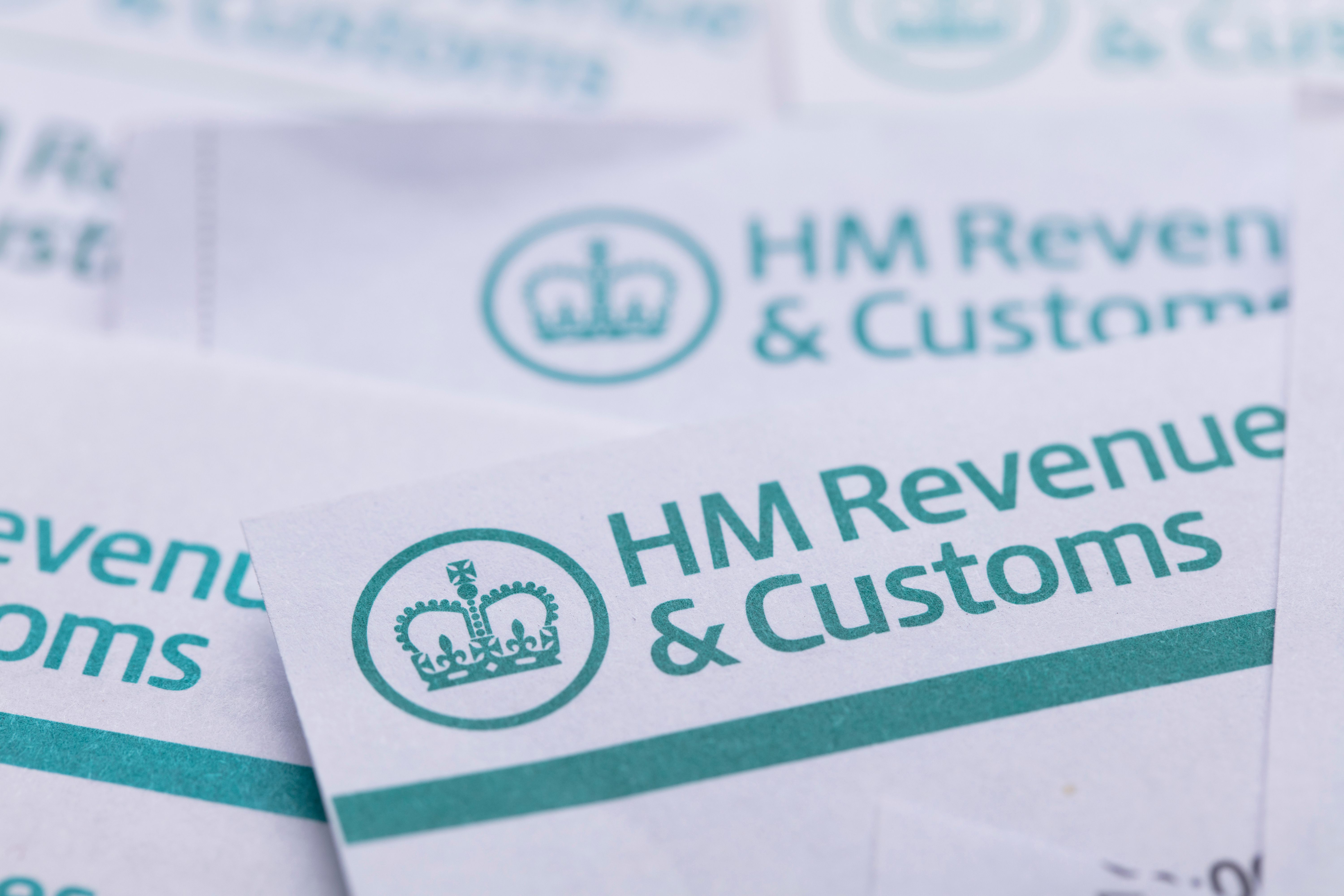Winter is coming….
We all know the significance of April 5th. The tax year is coming to an end, and in the true spirit of ‘if it weren’t for the last minute, nothing would get done’, businesses everywhere are scrabbling to get their houses in order for this looming date.
You’ve got about a week. Or less. Or maybe you’ve missed it, depending on when you are reading this?
New year, new you
It’s a bit late for that. But the new tax year is almost upon us. So what do you need to do to tie up the loose ends of 2018/19 and get ready for 2019/20?
1. Take up your company dividends
Take up your company dividends before April 5. This means you can include them in your self-assessment for this tax year and you’re making your money work hard by making the most of your tax-free allowances.
2. Make sure your records are up to date
Unsurprisingly your accounting records need to be up to date: – your bank account should be reconciled and every aspect of your company accounts – expenses, pension contributions, salaries, invoices – accounted for. Without this you can’t possibly accurately assess company profits and tax due.
3. Meet payroll deadlines and submissions
If payroll deadlines and submissions apply to you, then you have to file your final full payment submission by April 5, or you’ll be fined. It’s an HMRC Real Time Information (RTI) requirement so there’s no getting away from it.
4. Maximise your pension contributions
Your payments need to be in by the 5th. If you’re a higher rate taxpayer, and you make contributions directly, your pension pot can be topped up by £1000 and it would cost you only £600. And as a basic rate taxpayer, your pension pot can be topped by £1000 and it costs you only £800.
5. Don’t forget your annual ISA allowance
While you’re at it you may as well check if you can make any payments into an ISA or any other savings plan, which alleviates the tax, you’re due.
What can you do to get the next tax year off to a flying start?
Ok so that’s 2018/19 done and dusted – off with the old. Bring in 2019/20.Well probably the most important thing you can do is to ensure you know exactly what’s going on. As ever there are some changes, which will affect you; if you’re up to speed, in a year’s time it will make your reckoning easier.
1. Personal allowance
There’s an increase in personal allowance from £11,850 to £12,500. And the thresh-hold for higher income tax – 40% – will go up from £46,350 to £50K, inclusive of personal allowance.
2. Maximise your tax efficiency
If you’re a company director and shareholder, to maximise your tax efficiency, you should have a salary of £8632 and then dividends of £41368 (assumption of no other income). The dividend allowance for 2019/20 is still £2,000. But increased tax thresholds mean that you can take more in dividends before paying the higher dividend tax rate.
3. National minimum wage and living wage
And the national minimum wage and living wave both increase – the hourly rate is dependent on age and status, be sure you find out what you will affect you.
4. Company fuel
If your company pays for your personal fuel, or permits allows personal use of a company van, the tax (BiK) paid on such benefits is being increased from 6th April 2019. For vans it’s a fixed amount:
• the BiK on company vans increases from £3,350 to £3,430
• on fuel for a van provided for personal use it increases from £633 to £655.
For cars, the calculation is a little more complex. A director /employee with a company car and free fuel from his employer is taxed on the cash equivalent value of the benefit every tax year. This year it increases from £23,400 to £24,100.
5. Personal pensions
The total amount you can pay into a personal pension, and be tax free is still £40,000 per tax year.
6. Capital Gains Tax
For individuals, the annual exempt amount increases from £11,700 to £12,000.
7. Corporation tax
The tax payable on profits is still 19% but you can expect a 2% reduction for the 20/21 tax year.
8. Workplace pensions
The amount – the minimum that is – that you need to pay into your employees’ workplace pensions (auto enrolment) is increasing. The total amount of employer and employee contributions must be a minimum of 8% of your employee’s qualifying earnings.
9. Business rates
Perhaps the biggest change is the reduction in business rates – the rates for companies with a rateable value of £51,000 or less will be reduced by a third between 6th April 2019 and 31st March 2021.
Wishing all the best for you and your business in 2019/20.
Whatever your business needs, Four Business Solutions help small and multi-national organisations enrich the way they work. From Supply Chain to Procurement and Contract Management, we have decades of experience helping companies forge ahead in the global market.
Our success is built on values like trust, teamwork and vision. We believe that people are at the heart of any business. That’s why everything we do starts with a conversation. If you’d like to find out more about how Four can help your business, please call John O’Brien on 0800 6250 025.
John O’Brien is the CEO at Four Business Solutions, global business consultants and software integrators providing business processes improvements in Finance, Supply Chain & Operations, across a broad range of industries.




















